Background
Since 2013, when the Framework Plan for China (Shanghai) Pilot Free Trade Zone was approved at a State Council Executive meeting—in which the ‘National Treatment plus Negative List’ administrative system for foreign investment was piloted for the first time—the European Chamber has attached great importance and actively participated in the reform of foreign investment administration. Thanks to the joint efforts of relevant government departments, the European Chamber and many of its member companies, the past seven years have witnessed a series of amendments to the legal framework related to foreign investment. This article presents a selection of results of the Chamber’s advocacy efforts along the process.
Efforts
1. Consultations on drafts
The European Chamber actively participated in public consultations on and discussion of the FIL initiated by the Ministry of Commerce (MOFCOM), the Ministry of Justice (MOJ), the Shanghai Municipal Commission of Commerce, and other central and local government departments. More than 20 of the European Chamber’s WGs (out of a total of 33 WGs and desks) became involved in the discussion, collection, coordination and submission of comments and opinions representing the voice of FIEs operating in China across multiple industries, such as automotive, energy, pharmaceutical, chemical, financial services and legal consultation. We are more than delighted to see that our concerted efforts brought actual changes to the proposed FIL and its Implementation Regulation: compared to their draft texts, wider access to participation in standards setting is provided for, details on the government’s legal liabilities are clearer and the policy is more transparent.
2. Seminars and Conferences
While the FIL and its Implementation Regulation were still in draft stage, representatives of the European Chamber participated in many thematic seminars and conferences held by relevant associations and institutions, such as:
- a seminar on the draft FIL held by the Legislative Affairs Committee of the National People’s Congress (NPCLAC) on 9th January 2019;
- a seminar on the draft Implementation Regulation on the FIL held by the China Council for the Promotion of International Trade (CCPIT) on 20th November 2019;
- a private session on Implementation Regulation on the FIL at the Qingdao Summit of the Top 500 Multinational Corporation Leaders in 2019;
- and a FIL roundtable meeting held by the China Centre for International Economic Exchanges (CCIEE).
The European Chamber considered participating in these conferences as opportunities to gain perspectives from different industries, as well as to voice opinions and feedback on behalf of our member companies.
Since the FIL and Implementation Regulation were promulgated, the European Chamber held a number of seminars and events to facilitate discussion and interpretation of the legislation, such as a seminar on The Measures for the Reporting of Foreign Investment Information (Draft for Comments), Policy Interpretation on the Implementation Regulation on the FIL. These events have served to help our members better understand the FIL and its implementation.
3. Post-promulgation efforts
In the post-FIL era, the European Chamber has also been paying close attention to any updates and adjustments to relevant laws and regulations, and has been providing opinions regarding the Measures for the Reporting of Foreign Investment Information, issued by the MOFCOM.
The European Chamber has established a direct and stable communication mechanism with central government departments, such as the MOFCOM and the NPCLAC, in order to discuss FIL-pertinent issues and affairs.
Results
- Strengthened legal liabilities for the government to fulfill policy commitments and contracts;
- Enabled foreign enterprises to raise project proposals for all standards;
- Established a direct and stable communication mechanism with central government departments regarding foreign investment matters.
Impact
- More active engagement during the legislation process;
- Wider access to participation in standards-setting;
- Improved transparency and access to information;
- Stronger protection and fairer treatment for foreign business.
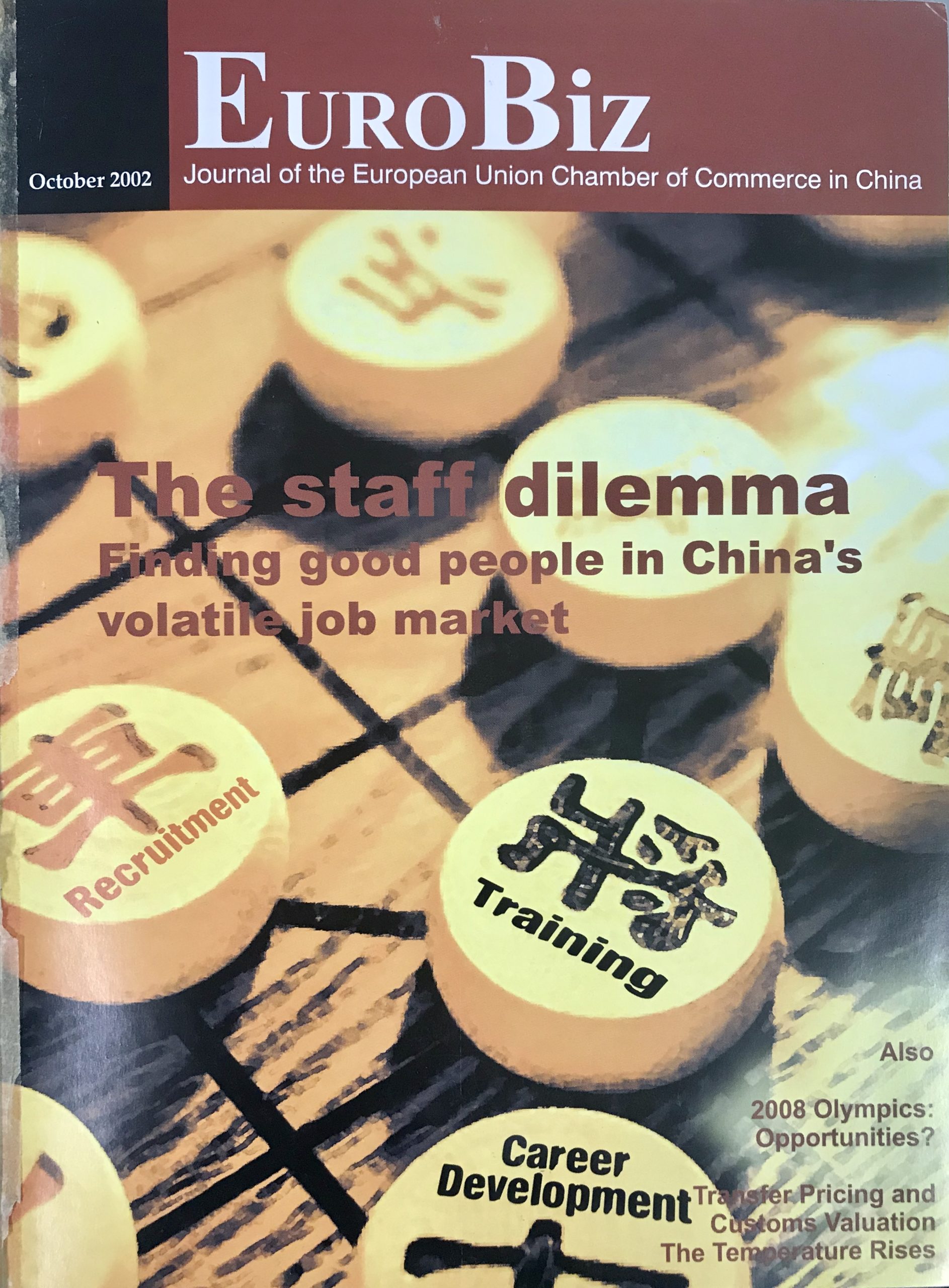
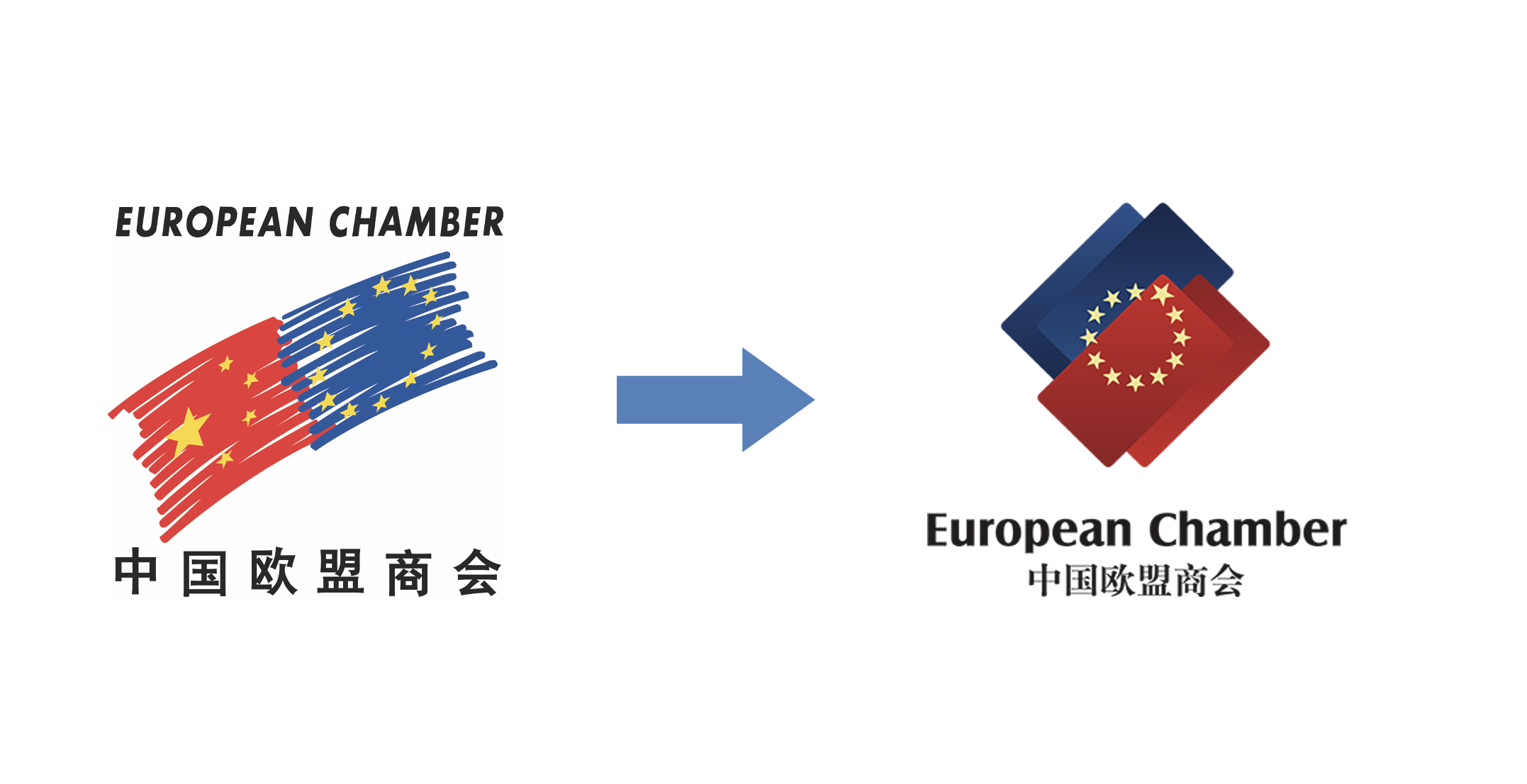
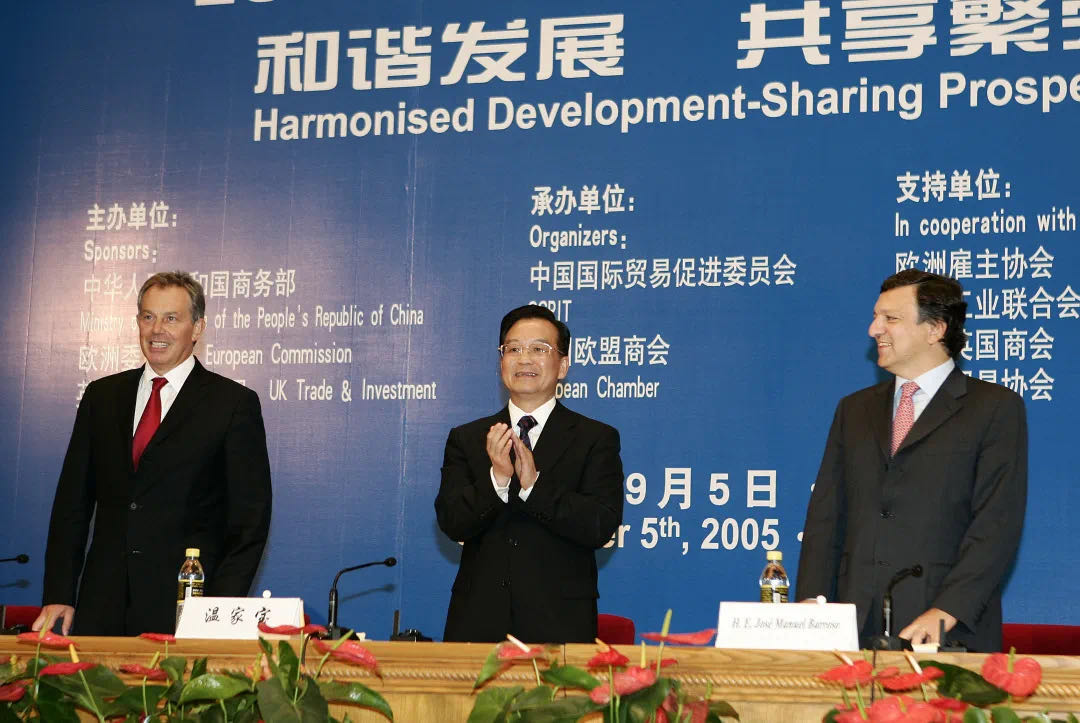
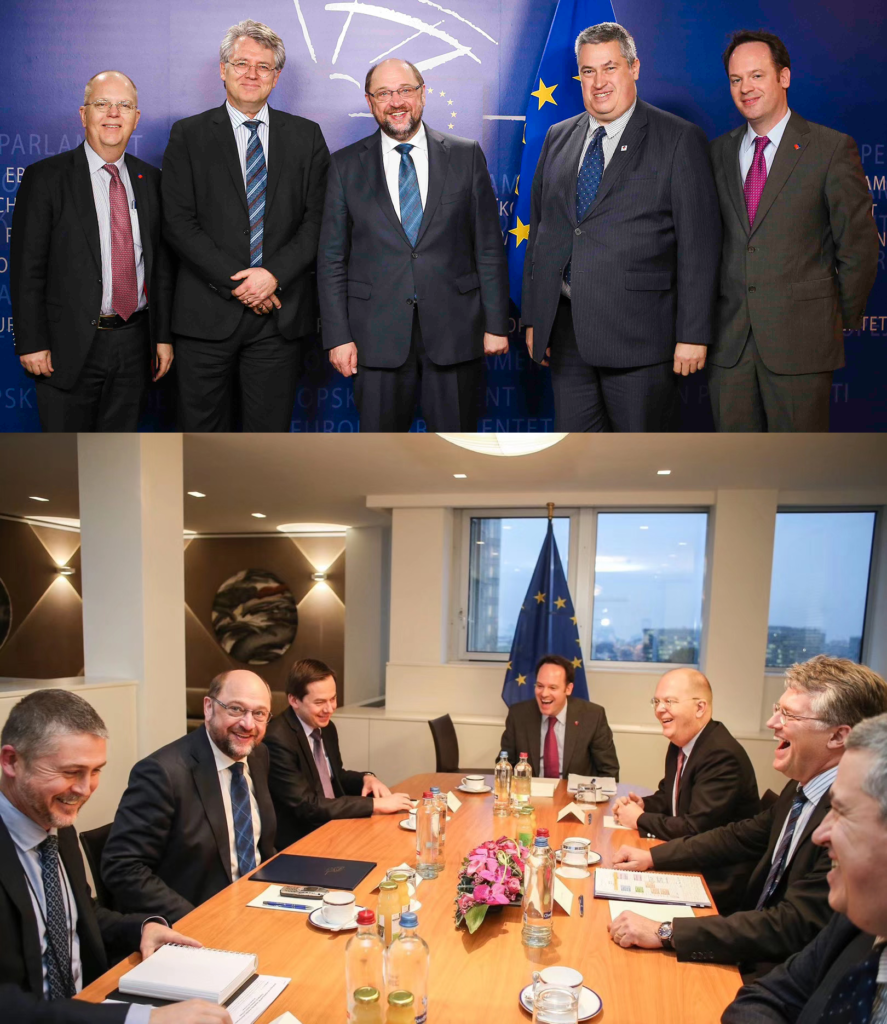

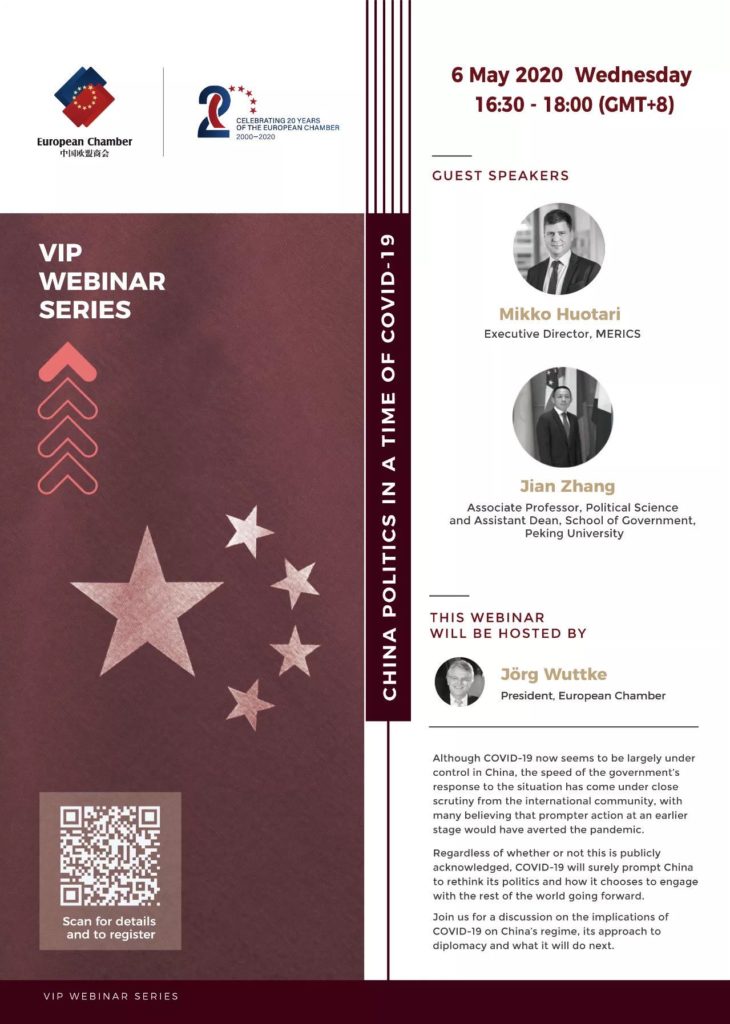
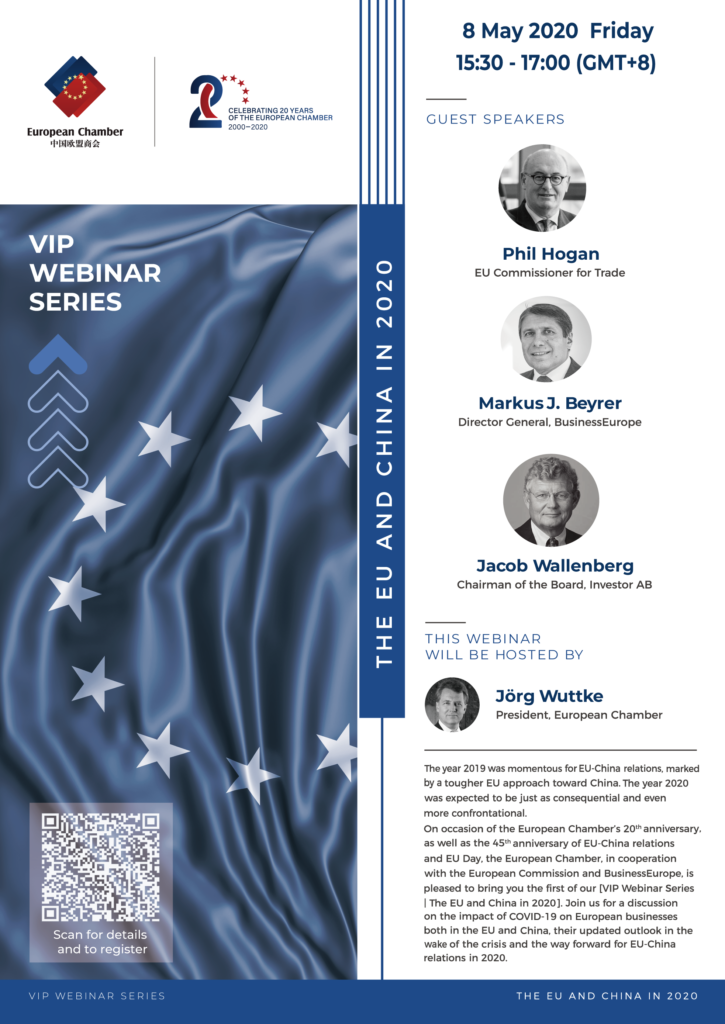
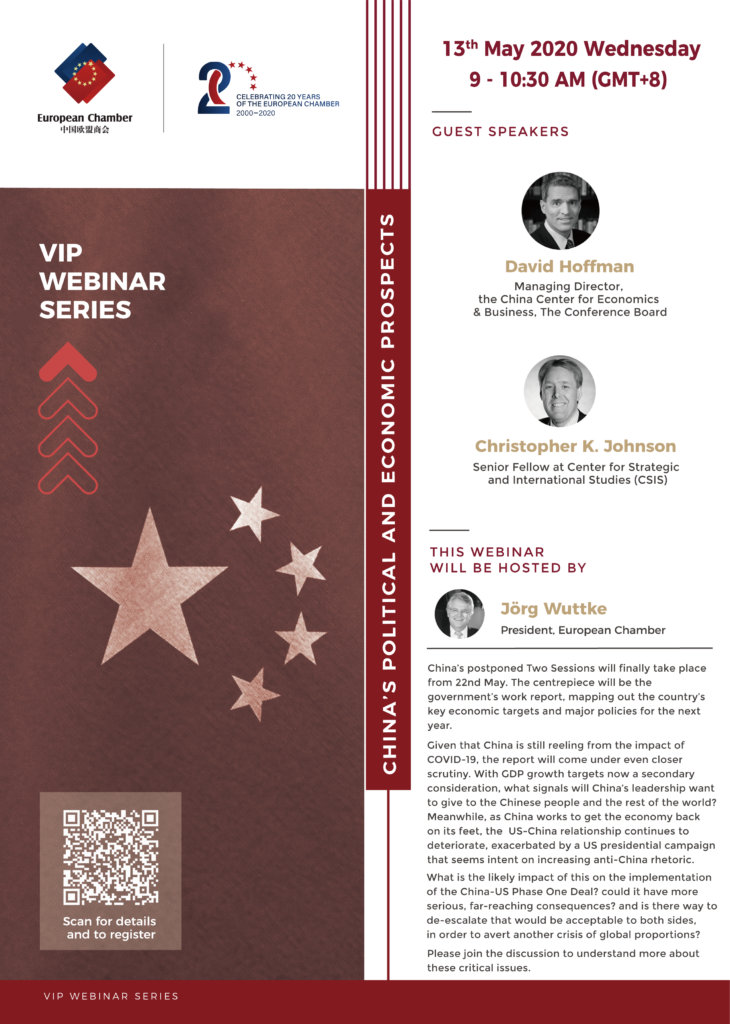

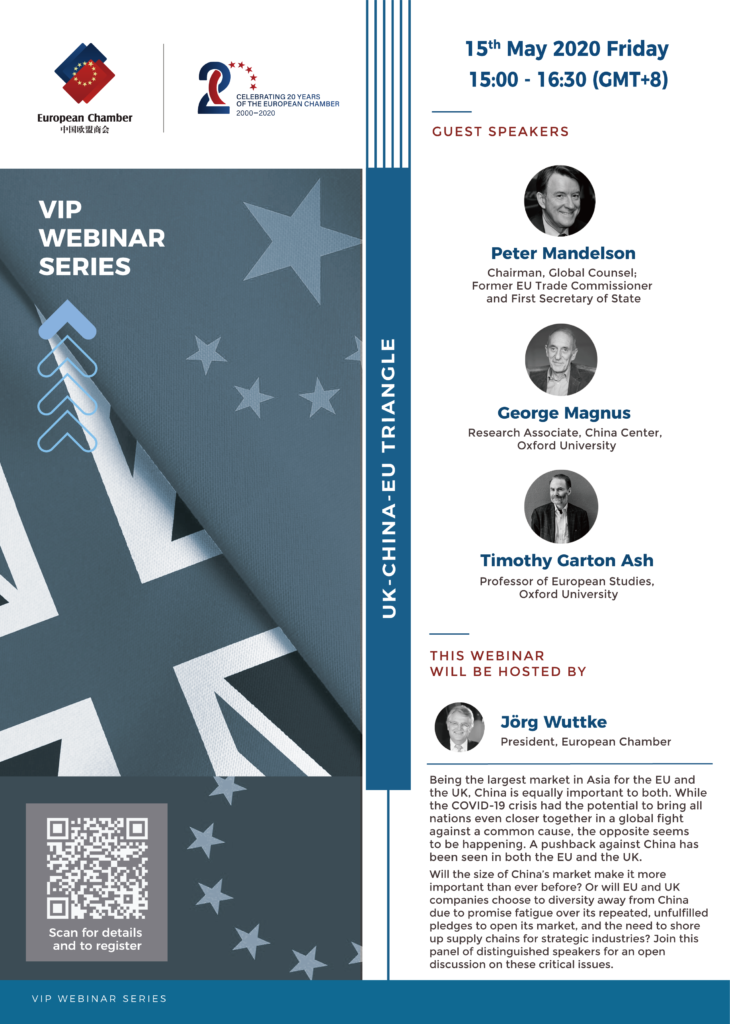


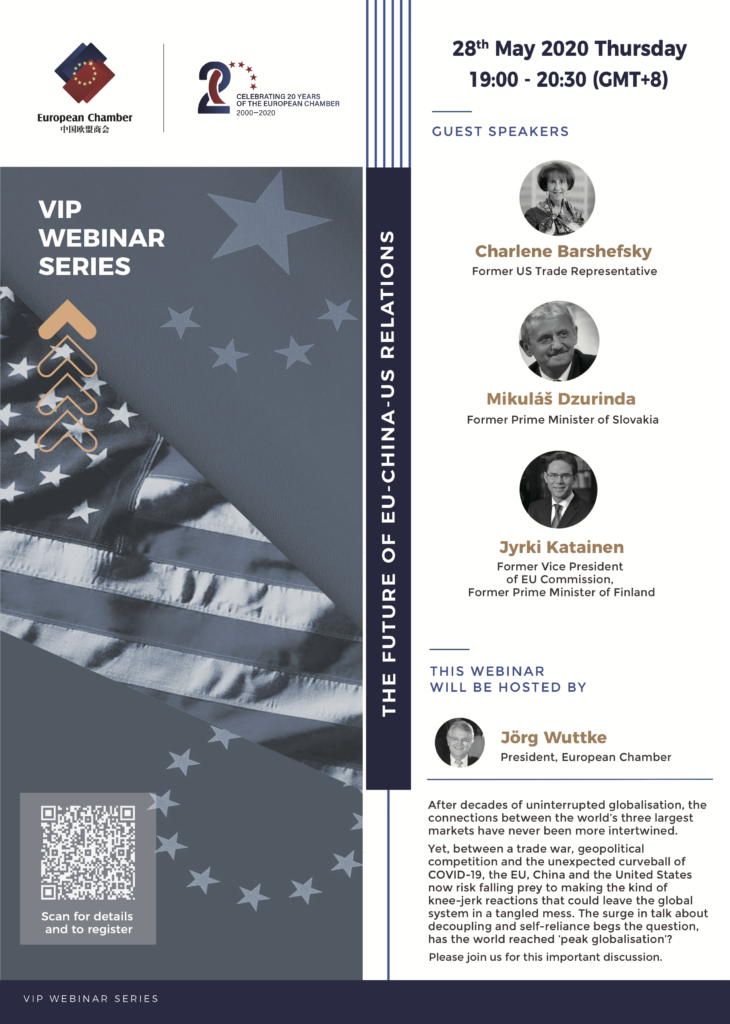
Leave a Reply